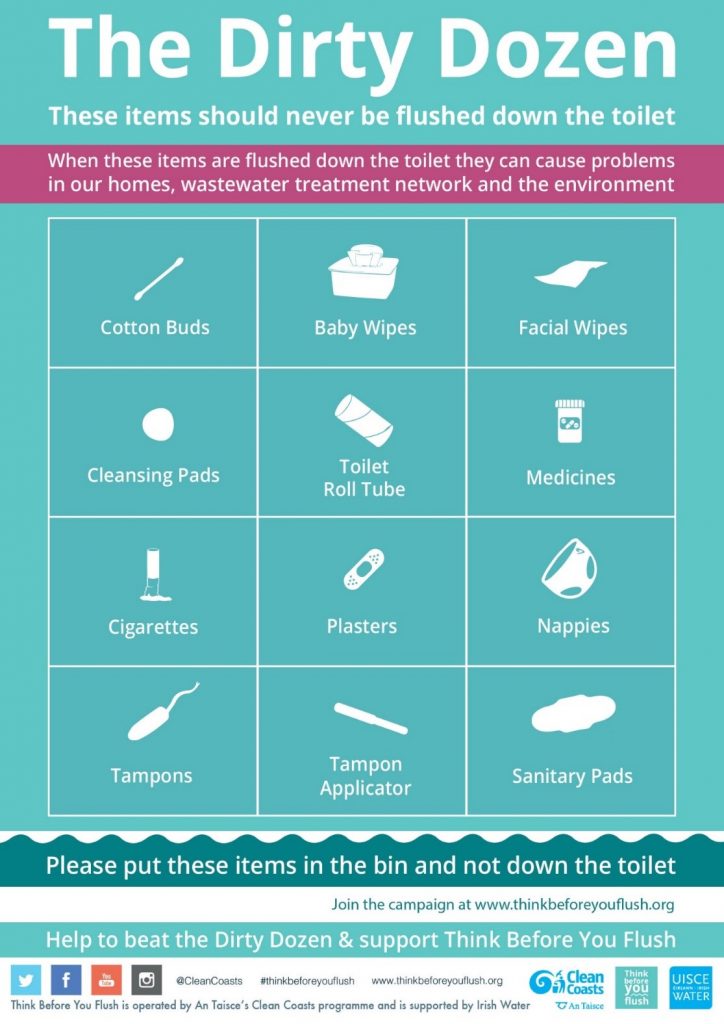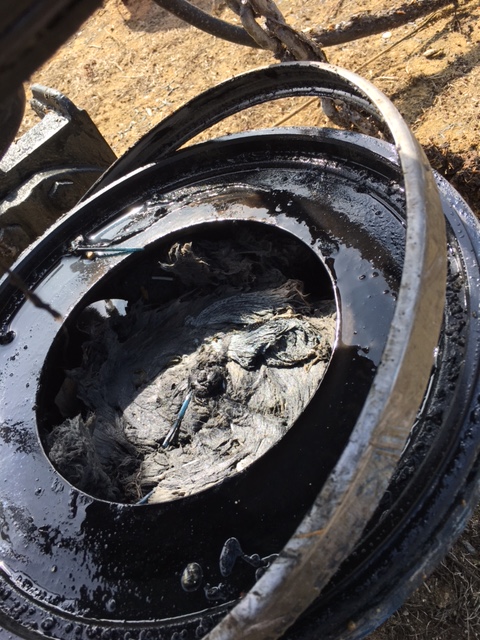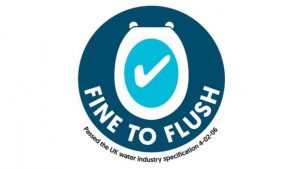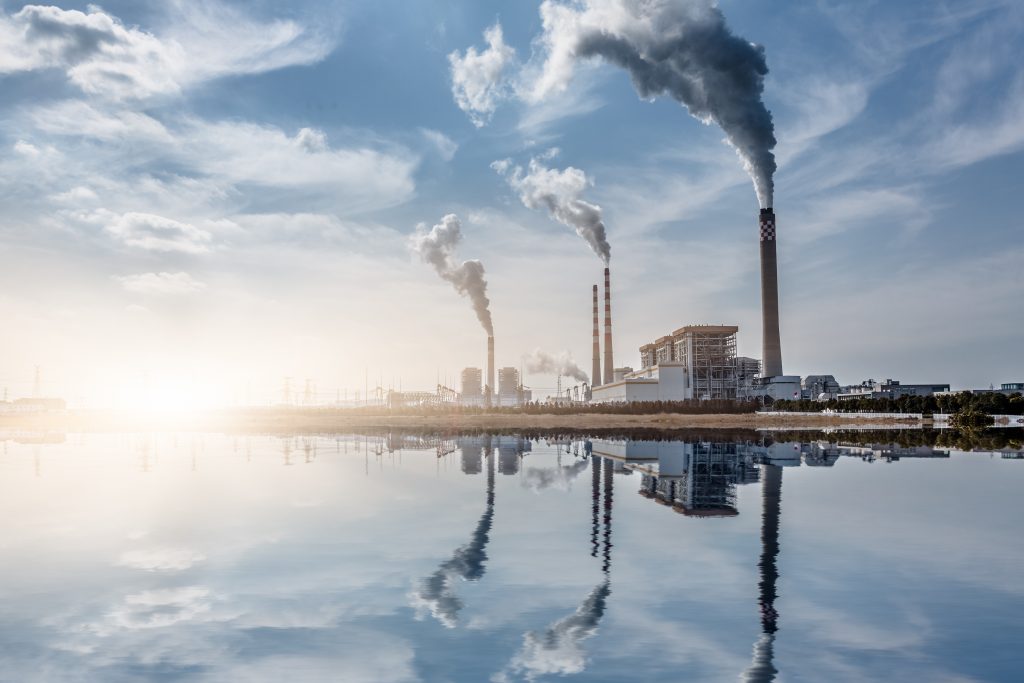With flushed plastics making up 8.5% of beach litter in the UK and a 400% rise in the number of wet wipes found on our coastlines and river beds, it really is time we stop treating the toilet as a bin.
Research carried out by the Marine Conservation Society during their 2017 Great British Beach Clean identified the shocking figures that despite filters in our sewage system 8.5% of the litter they collected were items that had been flushed. The fear is this number is rising with increasing sewer blockages and over 14 wet wipes being found per 100 metres of coastline.
The most common items found after being flushed are known as the Dirty Dozen by the campaign ‘Think before you flush’:

In the same way that when we place items in the bin we don’t often think about what happens to them next, we are turning a blind eye as to where our rubbish ends up after we flush it down the loo. Whilst the toilet may seem like a convenient way of getting rid of certain rubbish, these items do not just disappear and can cause a number of problems for our sewers and our environment.
1: Clogging up our sewers
Market research by the Absorbant Hygiene Products Manufacturers Association (AHPMA) found that we use 4.3 billion disposable sanitary products every year in the UK. This vast number is not surprising considering there are 15 million women of menstrual age, however it is estimated that a shocking 700,000 panty liners, 2.5 million tampons and 1.4 million sanitary towels are flushed down the toilet every single day. It is estimated that blocked drains and sewers cost the UK around £88 million a year and is an issue we face here on campus.
The Estates Department has seen a recent increase in drain and sewer blockages causing maintenance and flooding issues across campus.

But I thought wet wipes were flushable?!
Despite some products still being labelled as flushable unless they have the ‘Fine To Flush’ logo they should not go into the toilet. Water UK have stated that wet wipes labelled flushable do not break down and are behind 93% of blockages in UK sewers. In order to gain the approved logo the wet wipes will need to pass strict tests. Manufacturers can have their wipes tested by WRc, Swindon-based independent technical experts who developed the specifications for flushability standards in conjunction with Water UK.
 2: An ocean full of plastic
2: An ocean full of plastic
Everyone has seen the recent push to tackling the global scale of plastic entering our oceans however, whilst much of the focus has been on plastic bags, straws and packaging there has not been as much of a spotlight on the plastic entering our seas through the toilet.
Conventional menstrual pads contain around the same amount of plastic as four carrier bags, and depending on where it ends up as waste, it could have a longer life-span than the person who uses it! (City to Sea).
Wet wipes also contain hidden plastic that is often not listed in the ingredients. The material that forms many of our wet wipes is likely to be a woven blend of natural and synthetics fibres with the synthetic ones often being polypropylene polyester or polyethlene
As wet wiped break down in our oceans the microplastic fibres remain and they can be ingested by everything from zooplankton which make up the base of the food chain in the oceans, all the way up to seabirds, fish, turtles and whales (Marine Conservation Society.), with research showing that they can adversely affect the growth and reproduction of our marine species. Microplastics have also been found to have enter the human food chain.
What can I do?
First and foremost, remember, the toilet is not a bin. Only the three Ps should go down the loo and they are poo, pee and paper.
Secondly, try and refrain from using wet wipes if you can. Seek out alternatives and look out for the Fine to Flush logo.
Thirdly, if you use menstrual products please check out the ‘Plastic free Period’ campaign to learn about alternative products that could help reduce the amount of plastic you use each month as well as saving some money!



